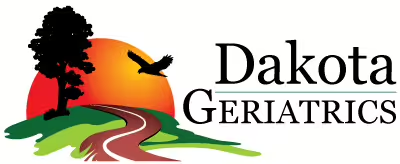The purpose of this program is to employ evidence-based strategies to strengthen Geriatrics knowledge among health professionals, integrate Geriatrics into primary health care and improve dementia care. The Dakota GWEP seeks higher quality care of older adults, helping primary care teams transform into age and dementia-friendly enterprises.
Program Objectives
- Develop reciprocal partnerships between academia, primary care sites/delivery systems (including nursing homes), and community organizations to transform clinic trainings environments into integrated geriatrics and primary care sites/delivery systems that are age-friendly and dementia-friendly.
- Provide interprofessional geriatrics clinical training and education to students, residents, fellows, faculty, and preceptors in Tribal, Tribal Organizations, Underserved and/or Rural (TTOUR) primary care sites/delivery systems with the intent to have them practice in these sites upon completion of their program.
- Establish and/or maintain education and training programs in TTOUR primary care sites/delivery systems that provide the supportive care workforce, direct care workers, and the primary care workforce with the knowledge and skills to improve the care of older adults, including persons living with dementia, by using innovative technology and methods.
Staff

Donald Jurivich, DO
Principal Investigator, Program Director, Chair of Geriatrics
donald.jurivich@und.edu(701) 777-6949

Gunjan Manocha, PhD
Associate Program Director, Director of Geriatrics Education, Assistant Professor
gunjan.manocha@und.edu(701) 777-4455

Bethany Reed
Program Assistant

Susan Thompson
Program Assistant
susan.thompson2@und.edu(701) 777-6706

Meghan Jeanotte
Administrative Assistant, GWEP Business Manager
meghan.jeanotte@und.edu(701) 777-6936

Natasha Green
Program Manager
ngreen@qualityhealthnd.org(701) 989-6226
Partners
Academic Partners
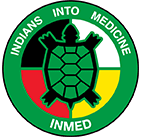
Indians Into Medicine (INMED)
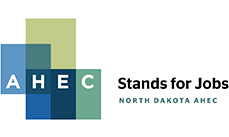
North Dakota AHEC
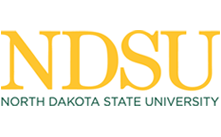
North Dakota State University (NDSU)
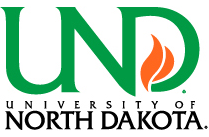
University of North Dakota (UND)

University of South Dakota (USD)
Community Partners

Alzheimer's Association - Minnesota North Dakota Chapter
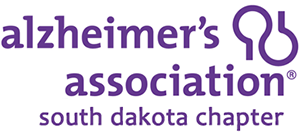
Alzheimer's Association® South Dakota Chapter
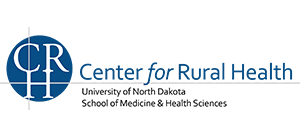
Center for Rural Health
Dancing Skies
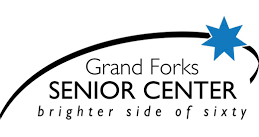
Grand Forks Senior Center
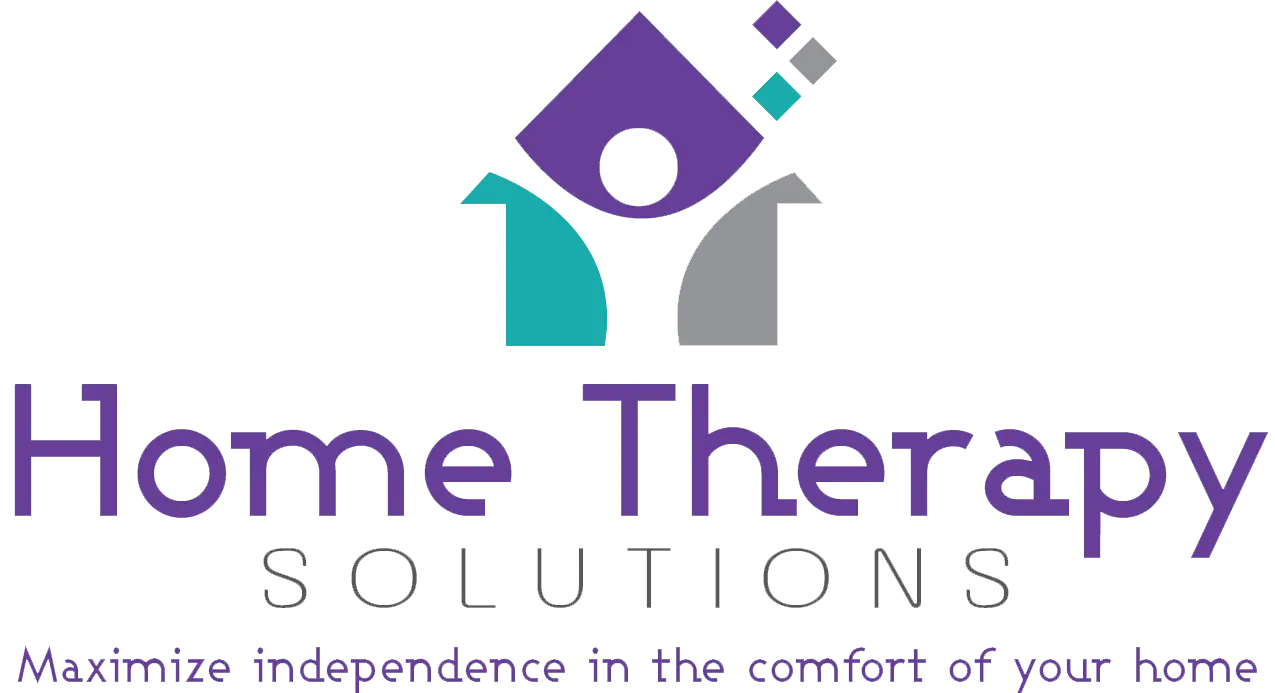
Home Therapy Solutions
LINK

Memory Cafe
NAGE

North Dakota Department of Health and Human Services (NDHHS)

North Dakota Long Term Care Association

Quality Health Associates of North Dakota (QHA)
Train ND
Tribal Organizations
Healthcare Partners

All Embracing Home Care

CHI - Carrington ND
Dunseith Community Nursing Home
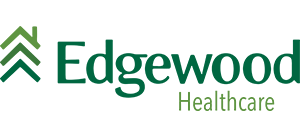
Edgewood Healthcare

Golden Acres Manor
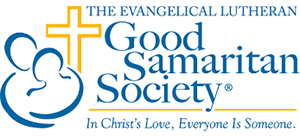
Good Samaritan Society®

Home Therapy Solutions

Hospice of the Red River Valley
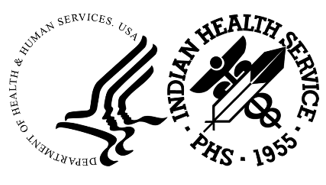
Indian Health Services (IHS)

Innovative Therapy Solutions

Legacy Medical
Life Skills and Transition Center

Love & Care, Inc

Lutheran Sunset Home

Missouri Slope LTC

Mountrail Bethel Home

ND Rural CAHs

Richardton Health Center

Rough Rider High Value Network
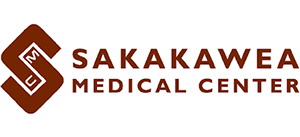
Sakakawea Medical Center
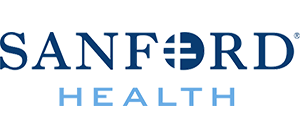
Sanford® Health

SMP Health - St. Catherine North

Spirit Lake Health Center
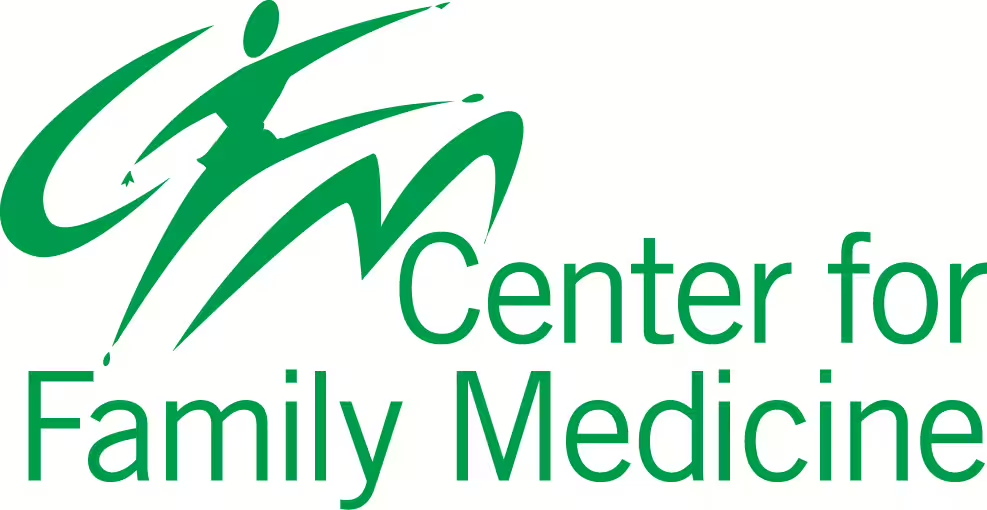
UND Center for Family Medicine

Unity Medical Center

USD Family Medicine
Funding Partners

Health Resources & Services Administration (HRSA)
Dakota Geriatrics, a Geriatrics Workforce Enhancement Program (GWEP) is supported by funding from the Health Resources & Services Administration (HRSA) of the U.S. Department of Health and Human Services (HHS) as part of an award totaling 5M with 0% financed with nongovernmental sources. The contents are those of the author(s) and do not necessarily represent the official views of, nor an endorsement by HRSA, HHS, or the U.S. Government.
HRSA programs help those in need of high-quality primary health care, people living with HIV/AIDS, pregnant women, and mothers. HRSA also supports the training of health professionals, the distribution of providers to areas where they are needed most and improvements in healthcare delivery.
Tens of millions of Americans receive quality, affordable health care and other services through HRSA’s 90-plus programs and more than 3,000 grantees.
